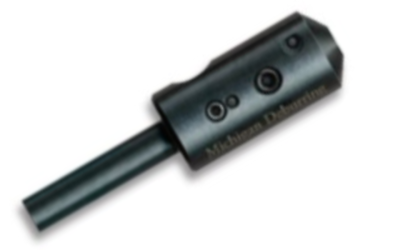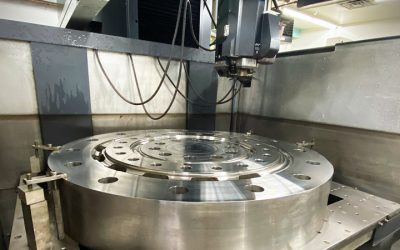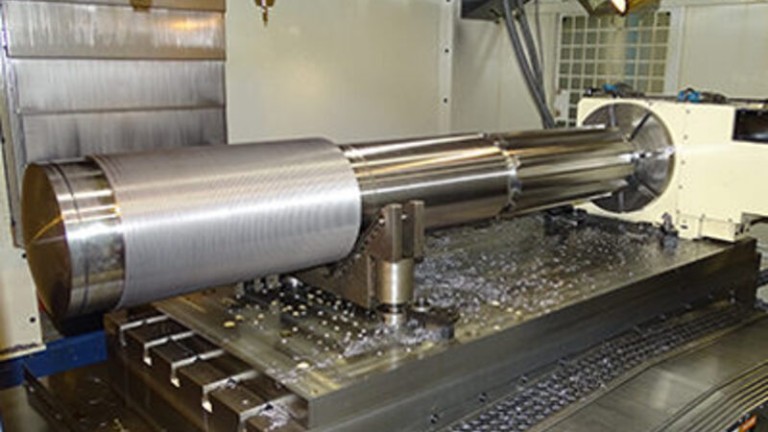Custom sheet metal fabrication is an integral part of today’s industries. They turn to them to find a viable solution for certain industrial applications. Fabricators supply them with the knowledge and the capabilities to produce the right components for their products. They expect reliability, high quality and repeatability. In answering their demands, the best fabricators not only meet, but also exceed their demands and specifications.
Working with Sheet Metal
Sheet metal, as the name indicates, is flat sheets of metal. They are thin and very versatile. Two common types are aluminum and stainless steel. Both offer advantages; both are in high demand in various industries. Aluminum, for example, is a very popular metal for construction companies. It is flexible, cost-effective and versatile. Other metals available in this adaptive form are:
- Brass
- Copper
- Steel
In general, sheet metal is a component of many industrial fabrication processes. This extruded form of metal becomes components in the larger manufacturing process. As steel or aluminum parts they become a cog in the larger product’s wheel. They generally add that extra dimension or element to a product, helping to complete or even finish it.
Processes Involved in Custom Sheet Metal Fabrication
When you talk about custom sheet metal fabrication, you need to look at a variety of processes. These include:
- Assembling: The term indicates joining pieces together to form a specific structure. It can involve the bending of adhesives and the use of riveting, thread fasteners and welding techniques
- Bending: Utilizing manual, automated and CNC, this may employ hammering and press brakes
- Cutting: This involves such things as chiseling, sawing and shearing using automatic, manual or CNC controlled equipment
- Rolling
- Welding
In order for the process to be a success, the customers must work with the technicians. They play an important part in every aspect of the custom sheet metal fabrication process. They are essential from the initial design phase to the engineering of the final product.


